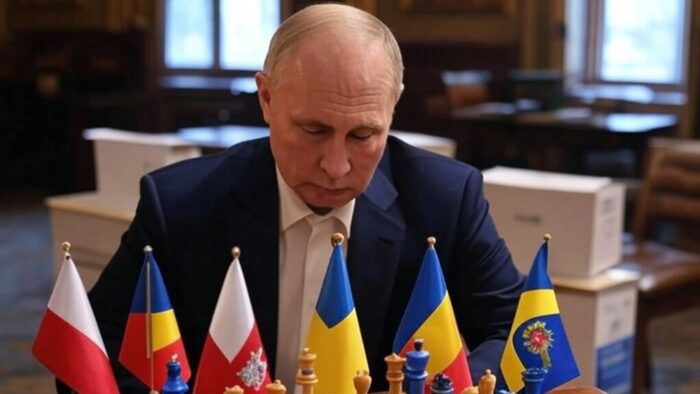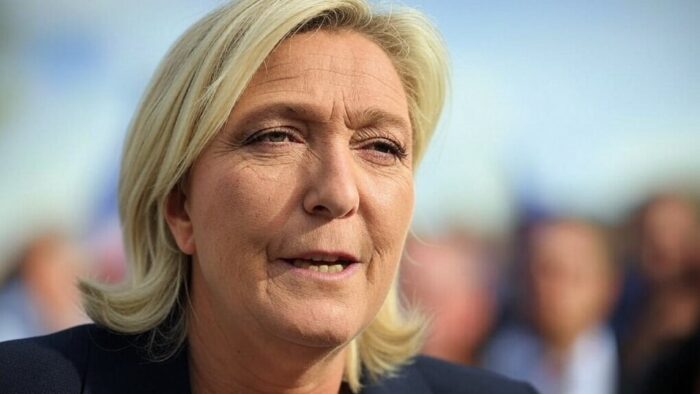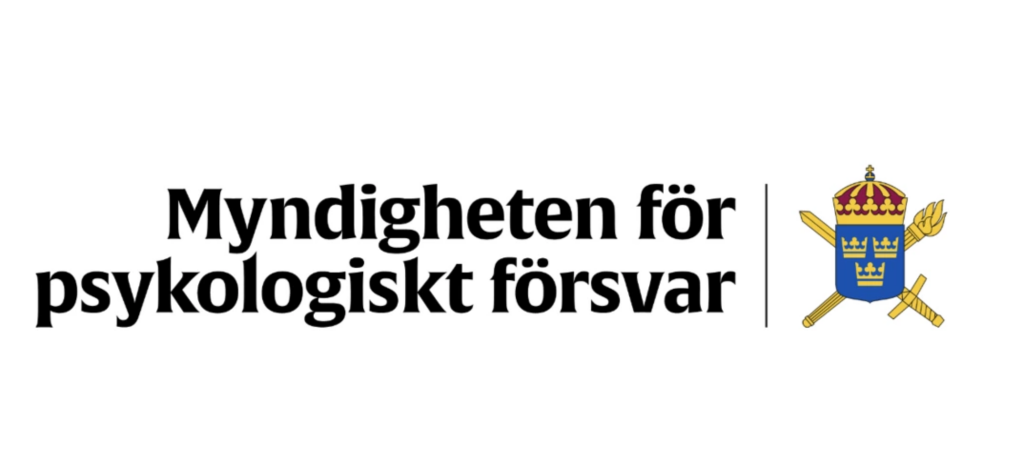NATO’s Strategic Communications Centre of Excellence recently published a detailed report examining China’s influence and information operations in Latvia and Sweden. According to a NATO StratCom press release:
March 25, 2022 The report is aimed at understanding China’s influence in the region, by undertaking analysis of China’s communication tactics and tools, its strategic narratives and their prevalence in public discourse in the Nordic– Baltic region, illustrated by two case studies: Latvia and Sweden. From the Nordic countries, Sweden was chosen for analysis due to its tense bilateral relations with China over the last few years, and encountering China’s confrontational communication efforts, labelled as ‘wolf warrior’ diplomacy. From the Baltic States, Latvia was selected given the role of its capital, Riga, having been chosen as headquarters of the overseas representations of various Chinese institutions and public diplomacy activities in the Baltics. The report looks at China’s influence in two dimensions. First, it analyses avenues of China’s influence in the countries of analysis. Second, it analyses how China’s activities are reflected in the media space of the target countries. Thus, the report seeks to understand to what extent China’s official ‘frames’ are converging with the views expressed in local media, and potentially influencing public attitudes.
Read the full report here.
The NATO report identifies the following eight avenues China uses to influence the information environment:
- United Front networks
- Parliamentarian relationships
- Academic relations
- Economic investments(exposure to the Chinese market
- Infrastructure development
- Espionage
- Diplomatic measures
- Public communication
The report says that while media discourses of both Latvia and Sweden have not supported Chinese framing, there are numerous areas/topics where China exerts potential influence, especially when those frames s converge with existing attitudes and perceptions of local populations. According to the report’s conclusion:
China’s communication efforts towards Latvia thus far can be characterised as non-confrontational, focusing on prospective cooperation between the two countries. In instances of criticism levelled against China, it is not confronted publicly. By contrast, Sweden has experienced a more confrontational side of China’s public communication, with Chinese diplomats publicly reacting to Swedish criticism regarding human rights abuses and aggressive foreign policy. China’s frames identified in both countries can be seen as part of China’s global communication efforts. However, in contrast to the Swedish situation, China’s frames in Latvian media are not derived from locally adapted content (for example, by China’s proxies, diplomatic mission, etc.), but rather appear in local media through translations of China’s global communication channels, such as China Central Television (CCTV) or Xinhua News Agency. The media discourses of both countries have not been supportive of Chinese official frames, rather confronting them with opposing views. Furthermore, Swedish public opinion regarding China has become increasingly negative over the past years. Despite these developments, research showed that in both cases there are numerous areas/topics where China exerts a potential for influence, especially when China’s frames converge with already existing attitudes and perceptions of local populations. For example, media in both countries have been more supportive of Chinese frames when reporting on the economic benefits and opportunities from cooperation with China, as well warning about the costly repercussions from opposing China (in the Swedish case in particular). The fact that some views in Latvian and Swedish media converge with China’s official communication is not necessarily a direct result of China’s influence activities in the countries of analysis. However, the potential of China’s influence may not lie in China’s active communication efforts, but rather in exaggerations of ideas regarding China’s importance in bilateral relations and the consequences of opposing the country. This can foster self-censorship and abstention by decision-makers when considering policy decisions regarding relations with China.
In May 2021, the Global Influence Operations Report reported on a study assessing China’s soft power in Europe, which said that perceptions of China in Latvia are “becoming less favourable” and that China’s soft power in Sweden is “clearly in a state of free fall.”












